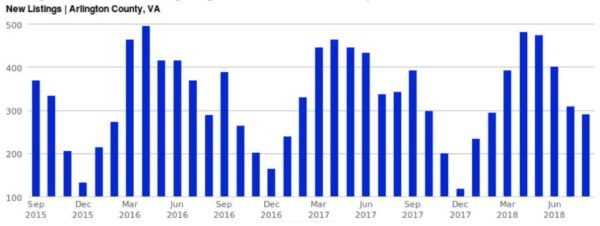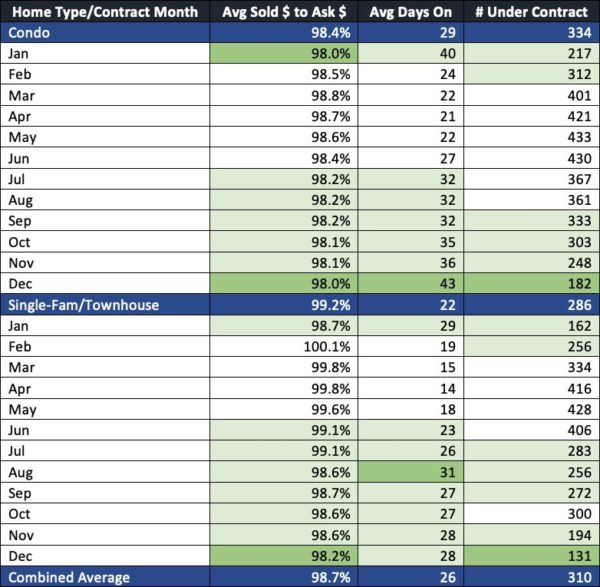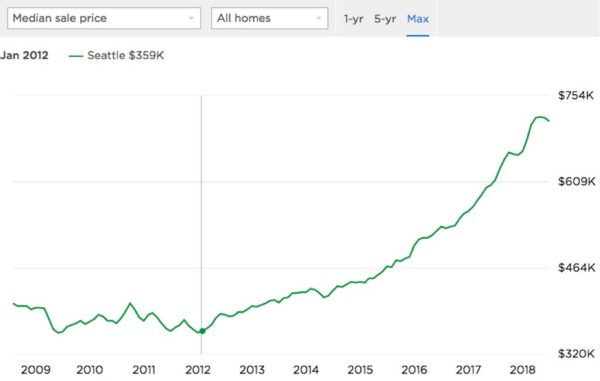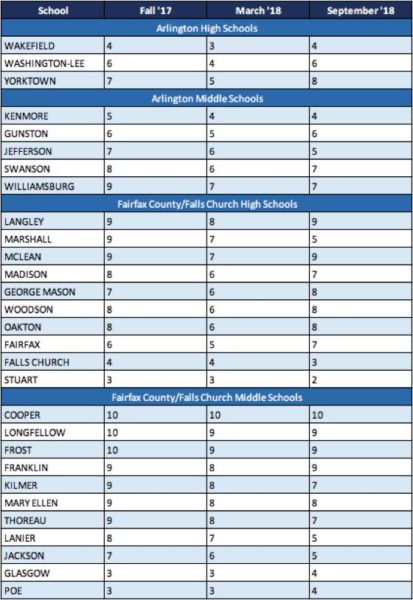This regularly-scheduled sponsored Q&A column is written by Eli Tucker, Arlington-based Realtor and Rosslyn resident. Please submit your questions to him via email for response in future columns. Enjoy!
Question: We are ready to buy a home, but not in a rush to do so we are wondering what the best time of year to buy a home is. Does it make more sense to buy now or should wait until the spring?
Answer: The right time of year to buy depends on the type of buyer you are and your priorities. The number of new properties listed for sale drops significantly in the fall and winter, so you may struggle to find the perfect home. However, demand drops too so properties spend longer on market and you have a better chance of negotiating a lower purchase price.
Buy in the fall/winter if…
- You are searching for a bargain
- The right home is just outside of your budget
- You have seen multiple homes for sale that you like
- You can’t bring yourself to offer full asking price
Wait until the spring/summer if…
- Your criteria are hard to match
- You are willing to pay top dollar for the perfect home
- You have to sell a home in order to qualify to buy your next home
- You don’t mind losing out to another offer
Let’s take a look at the data that supports the above statements. Here are some highlights of the chart and table shown below:
- December has by far the fewest number of newly listed homes for sale, followed by November and January
- Buyers who have offers accepted in December are able to negotiate the biggest discount from the asking price, but July-January also offer more favorable negotiating conditions for buyers
- If you’re looking to avoid competition, November-January have significantly less contract activity than the rest of the year
- If you like to take your time with decisions, the market moves notably slower July-January
- The single-family/townhouse market is influenced much more by seasonality than the condo market
Chart #1: The chart below shows the number of newly listed homes for sale in Arlington each month, going back the last three years.
Table #1: The table below is made up of Arlington home sales from 2015-2017, excluding new construction and anything that took more than 120 days to sell. I have highlighted the cells in green that are the most favorable for buyers. The table is based on the month that a sold home went under contract, not the month it actually sold (homes usually sell 30-60 days after they go under contract).
If you are considering buying a home and would like to discuss how you might be able to take advantage of a softer fall/winter market, feel free to reach out to me to schedule a time to meet. You can reach me by email at [email protected] or by phone at 703-539-2529.
If you’d like a question answered in my weekly column, please send an email to [email protected]. To read any of my older posts, visit the blog section of my website at www.EliResidential.com. Call me directly at (703) 539-2529.
Eli Tucker is a licensed Realtor in Virginia, Washington DC, and Maryland with Real Living At Home, 2420 Wilson Blvd #101 Arlington, VA 22201, (202) 518-8781.








